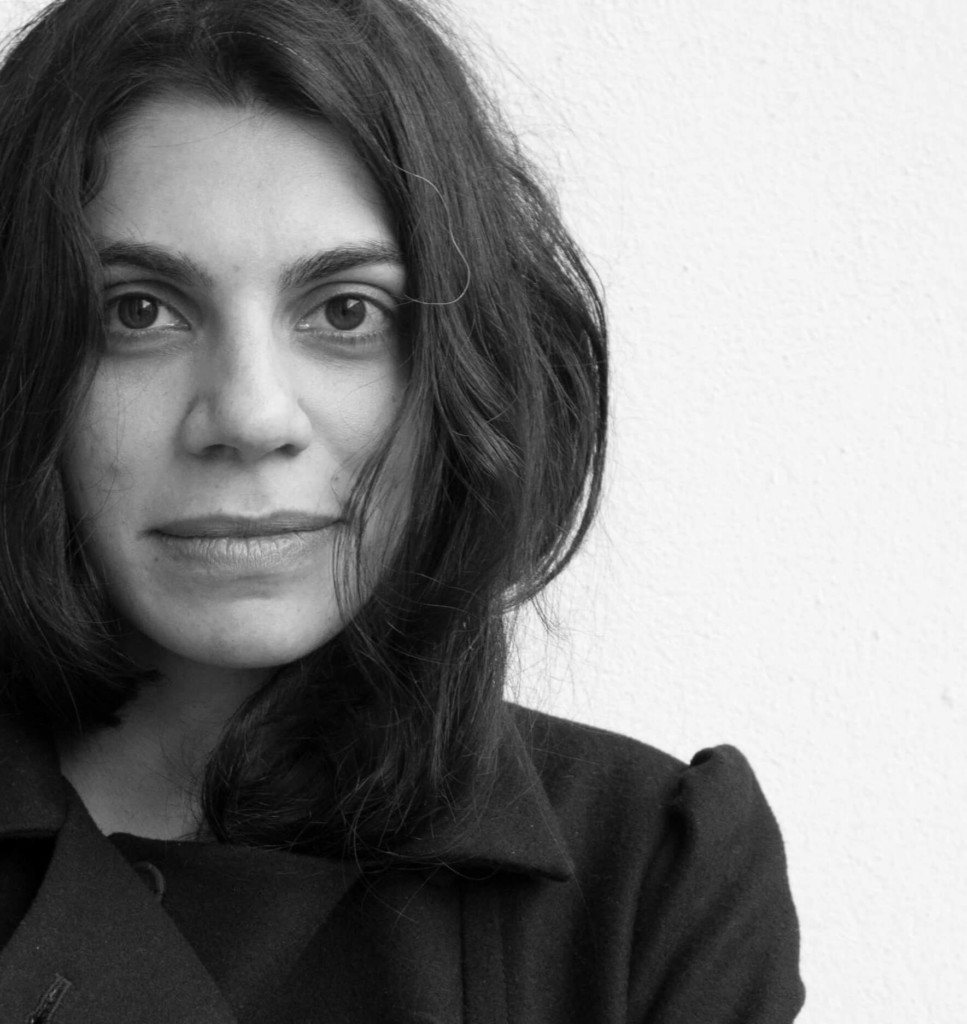November 9-10, 2022: 10.00-16:00 + Studio visits Friday November 11
Spiritual Fabulations is a theoretical formulation, and a condensation in exhibition form, of Archive’s three-year research stream devoted to memory and collective forms of assembly, (re)memberings and (re)groundings (2021-2023). To re-member is to re-body what has been traumatised and fractured, and to piece back together in some new present assortment, knowing that we can never fully regain traumatised and dismembered cultural memory. As we do this, we ground ourselves in present time and use this newly-membered memory for our contemporary struggles.
In this course, through collective study we will together speculate about spiritual infrastructure (with Jane Jin Kaisen), and of fabulation as strategy through the case study of an exhibition, scheduled to unfold in various locations over the next two years. The exhibition researches artistic explorations of personas, especially women, who channelled spiritual practices to very practical ends—such as agricultural reform, economic revival, or anti-colonial and anti-authoritarian uprisings, or anti-felling of forest land—when the social, often patriarchal or colonial system in which they found themselves, blocked all other outlets of agency or power. With Saidiya Hartman’s concept of “critical fabulations” (Venus in Two Acts), as a starting point—which refers to historical arguments narrated through “the capacities of the subjunctive (a grammatical mood that expresses doubts, wishes, and possibilities),”—it seeks to study and channel spiritualities that were erased due to the violent transition to secularism, monotheism, and capitalism in Europe. The exhibition materialises in the form of orality-objects, like weavings and spoken-poems, in order to counter colonial, neocolonial, and capitalist militarism, which often materialised, and still materialises, in the form of legal documents, museum displays that hide provenance, and clandestine state-run archives. The exhibition collects artistic works that are based on historical research and the (re)membering of oral sources, and confronts how the exhibition might become a theoretical apparatus for understanding historic instances of (re)grounding.
Zasha Colah (b. Mumbai, 1982) is a curator and writer. She teaches comparative history and theory of curating at Nuova Accademia di Belle Arti (Milano 2018–) and is on the editorial board of Geoarchivi (Meltemi & NABA) a series of books that reopen rebellious archives at different geopolitical latitudes. Her writing on the curatorial has been included in The New Curator (ed. Natasha Hoare et al., Laurence King, 2016), The Curatorial Conundrum (ed. Paul O’Neill et al., MIT Press, 2016). Her doctorate (La Sapienza 2020) revolved around illegality and meta-exhibition practices in Indo-Myanmar since the 80s under varying forms of dictatorship and authoritarian rule. Her latest essays on this region have been included in Interlaced Journeys: Diaspora and the Contemporary in Southeast Asian Art (eds. Patrick D Flores and Loredana Pazzini-Paracciani, Osage, 2020), Art & Ecology (with Marco Scotini, eds. Ravi Agarwal and Latika Gupta, Marg, 2020) and in 20th Century Indian Art: Modern, Post-Independence, Contemporary (eds. Partha Mitter et al., Thames & Hudson, 2022). She is a research fellow at 221A (Vancouver, 2021–22) segueing indigenous geographies for a research project titled, The Scorched-Earthly.
Her exhibitions often research acts of individual and collective imagination in art histories submerged by prolonged militarized situations through the prisms of illegality and humour. She is a member of the Archive Ensemble Milano/Berlin/Dakar. She co-founded the research collaborative, blackrice (Tuensang, Nagaland, 2007). She was curator of Indian Modern Art at the CSMVS Museum (Mumbai, 2009–11); and curator of public programs at the National Gallery of Modern Art (Mumbai, 2004–05). She co-founded the curatorial collaborative and artist union Clark House Initiative (with Yogesh Barve, Sachin Bonde, Poonam Jain, Prabhakar Pachpute, Amol K Patil, Rupali Patil, Nikhil Raunak, Sumesh Sharma, et al. Mumbai, 2010–22), co-curating actions and exhibitions both in that venue and public space, as well as at the invitation of ISCP NY, Ink Yangon, Kadist Paris, SMBA Amsterdam, among others (with Sumesh Sharma et al., 2010–15). Curatorial projects include: I love you Sugar Kane (ICAIO Port Louis 2016), Prabhakar Pachpute: te tolanche dhaga navhate (with Luca Cerizza, NGMA Mumbai 2016), body luggage (steirischer herbst, Kunsthaus Graz 2016), Pedro Gómez-Egaña: Inmeridiem (with Marianne Zamecznik, temporary public art commission for Deichmanske bibliotek, National Public Library, Oslo, 2021–22); and solo exhibitions by Muna Mussie, Anawana Haloba (with Chiara Figone, Archive Milano 2021). She co-curated Choreopoethics (with the Archvie Ensemble, Re-Mapped festival, Hangar Bicocca, Milano 2022) and Extraneous (with Valentina Viviani, Curated by festival, EXILE, Vienna, 2022). She curated the third Pune Biennale, Habit-co-Habit. Artistic Simulations of Some Everyday Spaces (with Luca Cerizza, 2017); and the second Yinchuan Biennale, Starting from the Desert. Ecologies on the Edge (as part of the curatorial team led by Marco Scotini, 2018).
